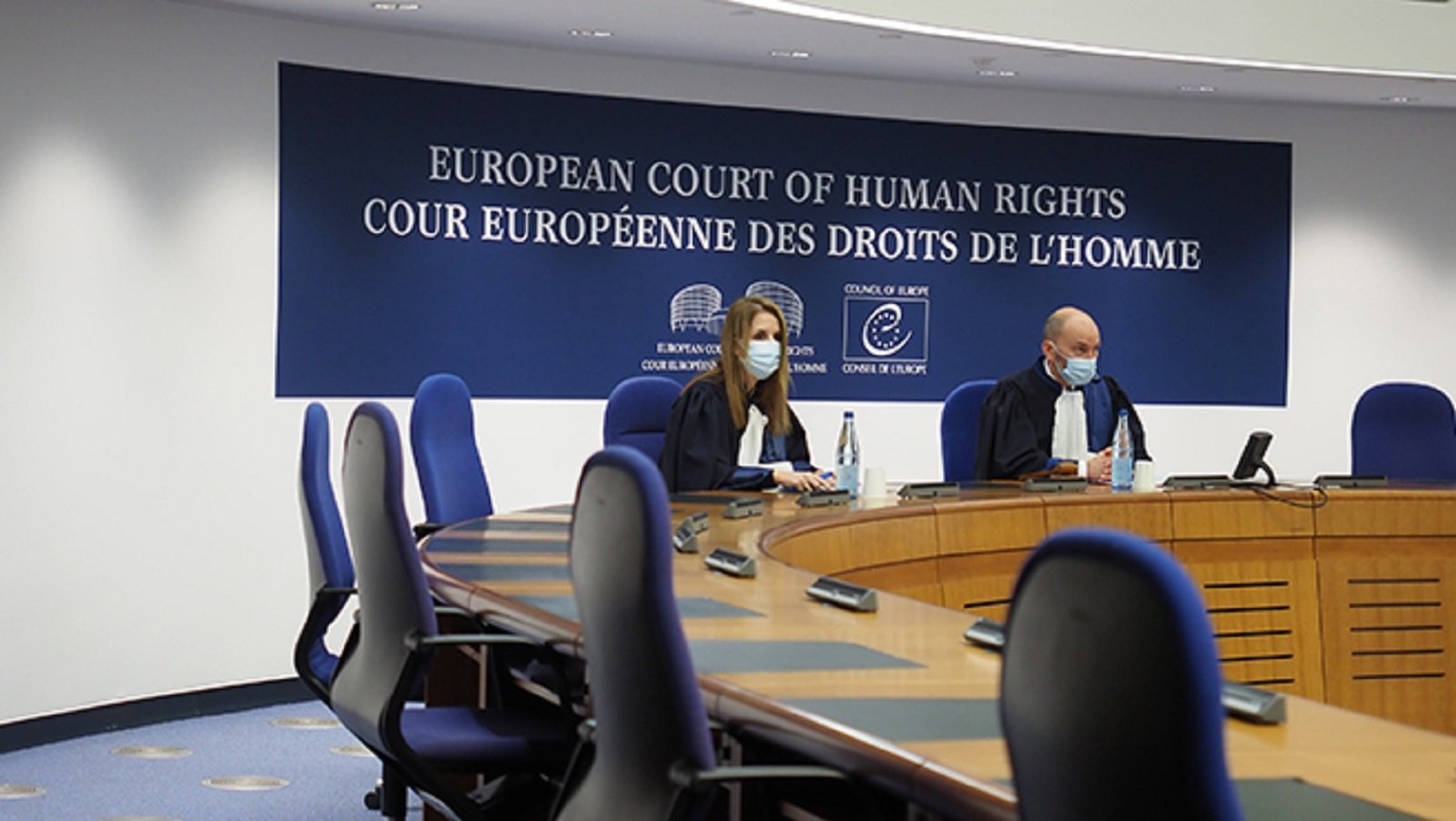The European Court of Human Rights has ruled in favour of Íñigo Gonzalez, who was arrested by the Spanish Guardia Civil in January 2011, and who claimed to have been tortured during the period of incommunicado detention. Gonzalez was arrested by order of then judge Fernando Grande-Marlaska, now Spanish minister of interior. Today, Strasbourg has ruled against Marlaska again. The victim had denounced that during the interrogation they put a bag over his head, choked him, hit him and made him want to vomit because he couldn't stand it anymore. The extortion meant that the statement he made afterwards followed the narrative that the police had set.
González was arrested in a joint operation carried out by the Guardia Civil and the National Police, together with Patxi Arratibel, Iker Moreno, Gorka Zabala, Xabier Beortegi and Gorka Maya, all of whom reported suffering similar processes, which were already reported by the newspaper Gara, including simulated rape or having electrodes all over their bodies.
Why were they arrested?
They were all sentenced to prison terms by Grande-Marlaska, who considered that these members of Ekin had acted under the orders of the Basque terrorist group ETA. Ekin is considered to be the structure that ETA created to manage and direct all support for the organisation in its legal part and transmit its directives to Batasuna, a political party later found guilty of financing the terrorist organization. The organisation was dissolved and its militants were encouraged to join the new bet of the abertzale left.
The Strasbourg Court ruling unanimously considers that article 3 of the European Convention on Human Rights, which prohibits torture, stating that "no one shall be subjected to torture or to inhuman or degrading treatment" was violated. The ECHR states in its judgment that González Etayo described "in a precise and circumstantial manner the ill-treatment of which he claimed to have been a victim during his detention, when he filed a complaint before the duty judge in Pamplona as well as before the investigating judge at Spain’s National Audience court ".
He added: 'The leading investigating judge did not respond to the requests of the applicant's family members concerning measures of investigation and protection of the applicant while in police custody, nor did he order any measures of investigation following the applicant's statements or refer the file to any other competent judge'. In view of the foregoing, he orders the compensation of 20.000 € to Iñigo González for failure to properly investigate the torture which he allegedly suffered after his arrest by the Guardia Civil. It remains to be seen how the other victims’ cases are resolved
Marlaska’s shadow
Strasbourg has now already ruled ten times against Spain for not investigating torture or inhuman treatment. Marlaska has already accumulated seven sentences against him, as he was ultimately responsible for the well-being of these people during their detention. Ohian Ataun was the first person from Navarre to win a torture case in Spain.
Subsequently, the convention ruled in favour of Jon Patxi Arratibel, a well-known case because he signed the declaration of self-incrimination with the word "Aztnugal" ("help" in reverse, in Basque). Xabier Beortegi, who also won in Strasbourg, was arrested together with Arratibel. Later, the ECHR condemned Spain for the inhuman treatment suffered by Igor Portu and Mattin Sarasola at the hands of the Guardia Civil. Now it is Iñigo González who once again highlights the lack of guarantees for those detained incommunicado. Today at 5pm, the accused in the case for which Iñigo González was arrested will hold a press conference in Pamplona to assess the Strasbourg sentence.

